 Monisha Kaltenborn is team principal of Switzerland-based Sauber Motorsport AG, the first woman head of a Formula One team. What’s more, she’s of Indian origin. Monisha talks to Car India in an India exclusive interview, giving us an insight into her work and shares her views on Formula One.
Monisha Kaltenborn is team principal of Switzerland-based Sauber Motorsport AG, the first woman head of a Formula One team. What’s more, she’s of Indian origin. Monisha talks to Car India in an India exclusive interview, giving us an insight into her work and shares her views on Formula One.
Photography: Sauber
Car India: What are the challenges you face in Formula One as the CEO of a racing team?
Monisha Kaltenborn: The challenges in Formula One for me are basically on three different platforms. One is the technological side, wherein we have a clear set of technical regulations. At the same time, we want to be innovative and find a way to maximise our performance within that framework. So there are many areas you have to be clever about to find the most and be better than your competitors. The second is the commercial side of it, wherein we act like any other commercial entity. We have to make sure we have enough means to be able to do our development and for a team like ours, more funds means more development, which results in better performance. Since we have a very good infrastructure, we now have to focus on generating more funds. And all this under the umbrella of a competition, which is an area where you simply can’t control everything. You can come prepared, you can have your strategies, but the outcome of the competition depends on all the people and, maybe, even external factors. All these areas form the challenges we have in Formula One today.
CI: Please take us through your typical race weekend.
MK: For the European races, we fly in on Thursday morning. We use the day mostly for work with the media, PR, preparing ourselves for the weekend and getting an update on all that happened since the last weekend. In the evening we generally have an event with our partners or with the media. From Friday onwards we are completely focused on the current race weekend. We start with the free practice sessions. We discuss with the drivers the issues we are facing here. Friday evening is when we look at our strategies for qualifying, the conditions and how we can react to those. Saturday is devoted to qualifying and, in all that, we always try to find some time for photo shoots and meetings with the teams, the FIA or the commercial right holders, depending on the issues we have. It’s a very busy weekend actually and you don’t realise how quickly you reach the race day and how quickly even that’s over!
CI: What do you like about Formula One and what are the things this sport will be better off without?
MK: What fascinates me most about Formula One is the combination that it is. Of technology, innovation, running a business entity, having certain responsibilities on the financial side and, of course, being in a competition, experiencing it every two weeks, 20 times a year.
I think sometimes the sport could do without some controversies we have. I think it is important that we remain close to the fans. They understand what is going on here. Sometimes on the technical side they really do not understand why we are having these controversies in the sport. Maybe, it’s worthwhile to get simpler there and lay out road maps, so that they know which direction we are going in.
CI: How do you see Formula One as a business? Why is it such an exciting platform?
MK: Formula One is probably one of the best brands we have on a global basis, combining all the three elements I mentioned earlier. It is one of the few businesses with a worldwide basis. I don’t think many sporting platforms have the kind of reach, visibility, exposure and number of spectators that we have (in Formula One). At the same time, I think Formula One is also very glamorous. This entire combination makes it a very unique platform and a big business. We (the teams) manage not only to generate business through the brand for the stakeholders, but also for our partners, who are engaged in it because they can use this platform for so much in their own business.
CI: Formula One now has an Indian round in its annual calendar. What significance does it have for you? How do you think it will affect Formula One as well as the development of motor sport in India?
MK: Personally, I am very interested in the Indian Grand Prix. Until now, India was like a home to me with connections with the family there, but it never had anything to do with my job. Now, to go there because of my job gives it a different aspect which is nice. I can now find a further link and a better connection with India.
I think it will be a great event and, for Formula One, it is important that we come into the Indian market. There might be other sports there which are more popular and have a stronger heritage, but that doesn’t mean that we shouldn’t go there as well. You don’t know how it’s going to develop. There are many Indian companies that can use this platform as others have done so far. There is a huge fan base in India, which is just starting to develop. So we have a lot of potential in the market. In addition, I think it is a very important step for developing motor sport in India. I am sure there are many young talents out there who will feel that they are closer to motor sport now. We can generate an interest among young boys and girls. It is always important to be ‘in’ the country, because they can link much closer to the sport that way.
CI: You are also a member of FIA’s Women in Motor Sport Commission. What does the commission do to promote women in motor sport?
MK: The WMC was established by our (FIA) president Jean Todt. One of the main ideas of the commission is to serve as a platform for women, showing them that, first of all, there are already many women in motor sport at different levels – in teams, as drivers or in the national motor sport associations – and provide a platform for information and help. Women should see this as an address they can contact. And we are being contacted. On the other hand, what we don’t want to do is patronise women in any way, because it’s not necessary. What we lack right now is a kind of forum where women can simply get information and see all that is going on. So we want to support them without creating a special quota or anything like that.
CI: You are a career woman with a highly demanding job, but you also have a family consisting of your husband and two children. How do you manage? Do you think having a family restricts a person with a career in motor sport, especially a woman?
MK: I don’t think it is any different here from other areas. If you have a family, you have certain restrictions that you have to cope with and manage by organising or by having support in managing that situation. For a woman, if you have children, it might be a little different, especially when the children are small. Little children have a closer bond with the mother, so it’s easier for them to accept the absence of the father than the mother’s. It might be a little more challenging, but I think it’s the same as in other areas. Earlier, I was in the legal profession, where it was not very different from motor sport.
CI: You have the top job in one of the most exciting and glamorous sports in the world and you are just 40. What are your plan for the future?
MK: I think I still have a lot of aims in F1 so I would like to stay on for quite a while (laughs) and implement them.
CI: Your job profile is one of the most exciting ones in Formula One. What would you say is the best thing about it?
MK: The best thing about my job is that I enjoy it and every morning when I get up, I wouldn’t want to change it.





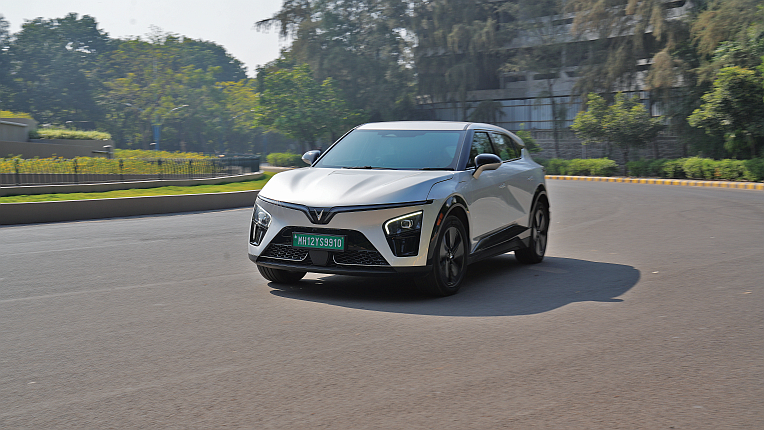

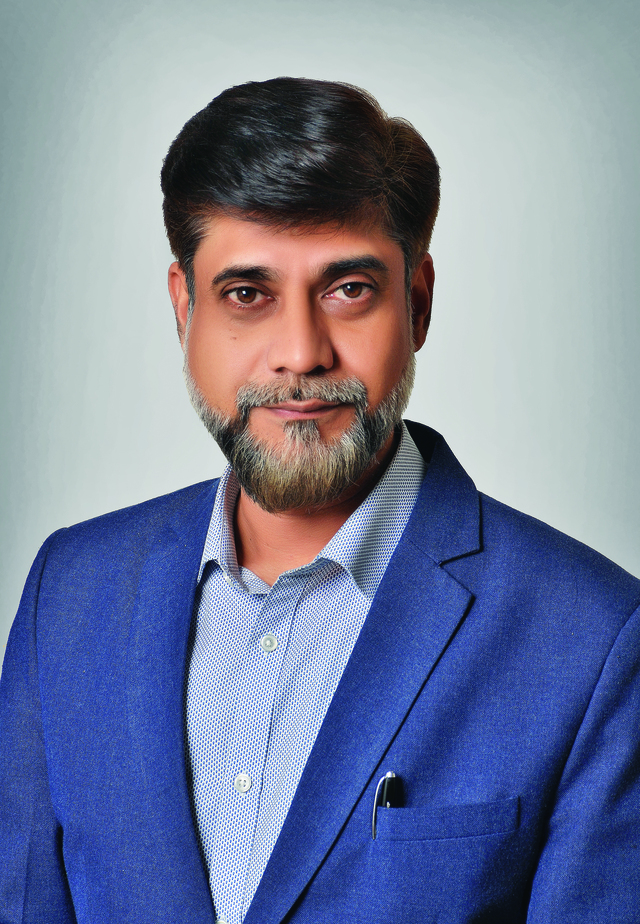
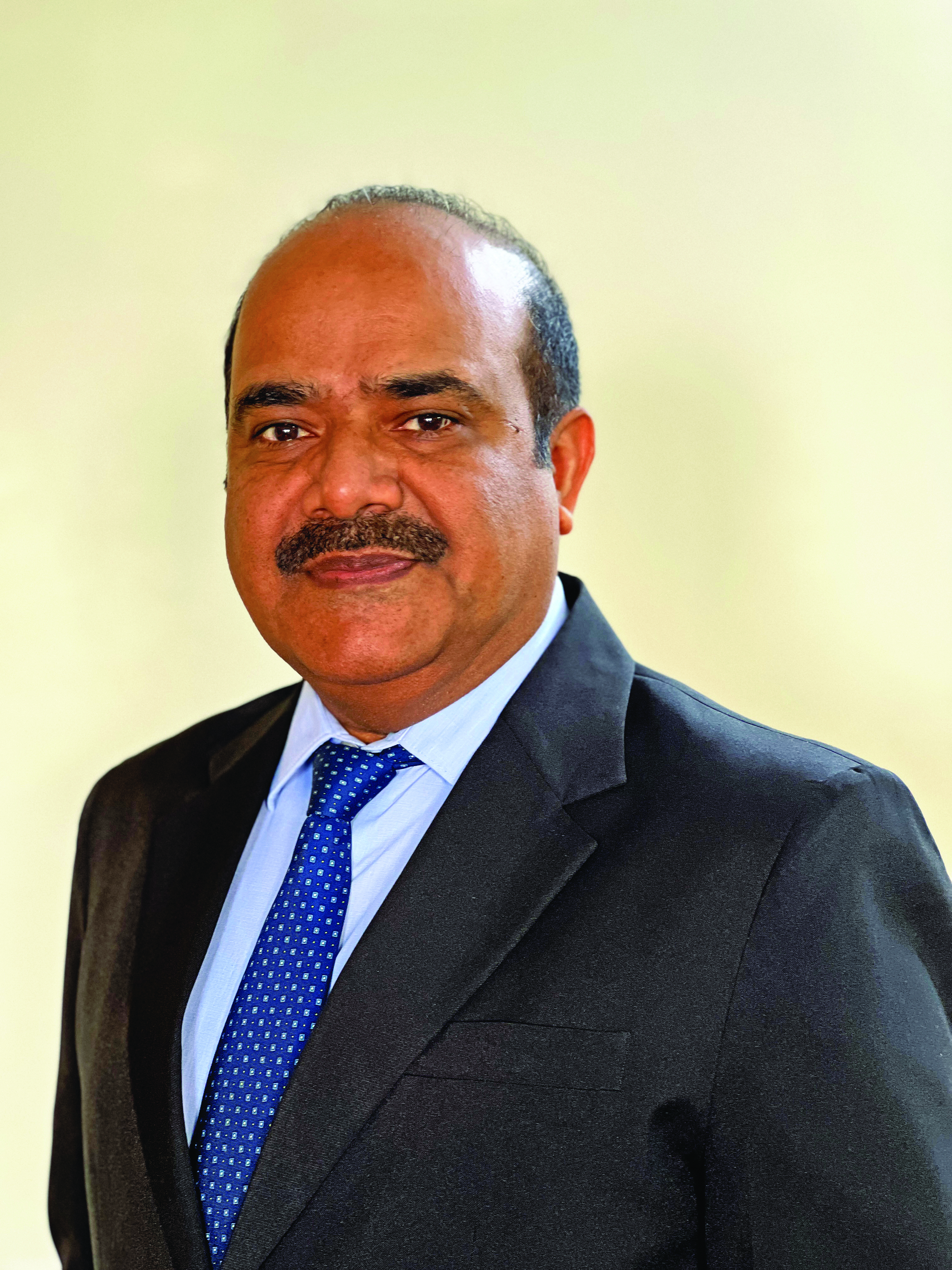
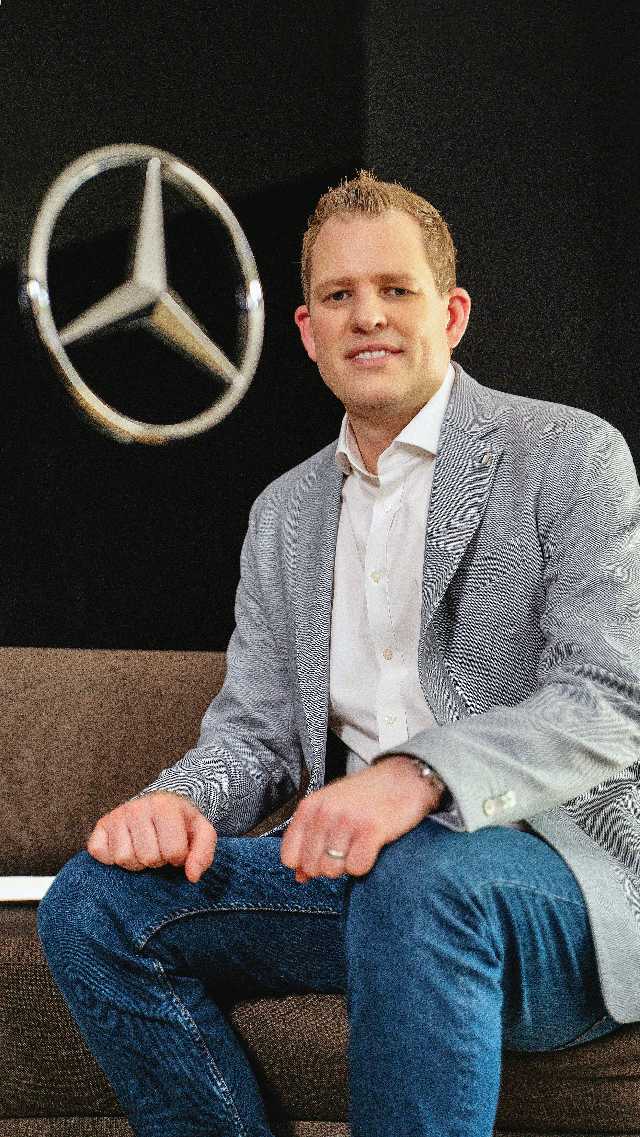

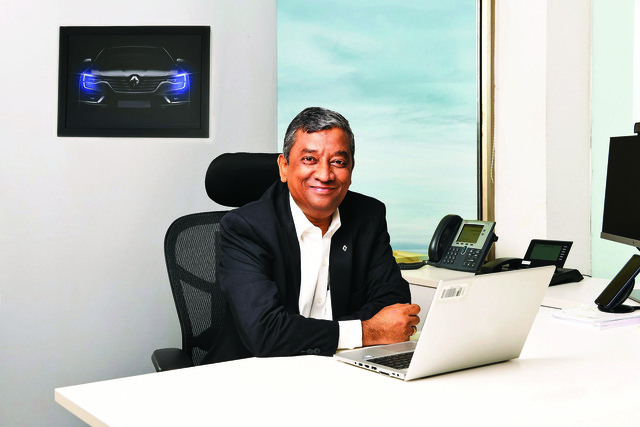
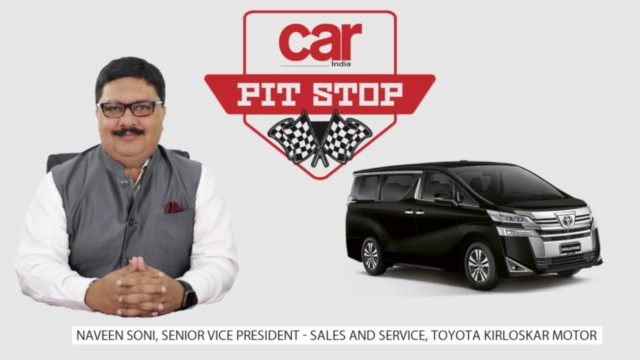

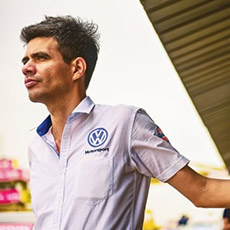
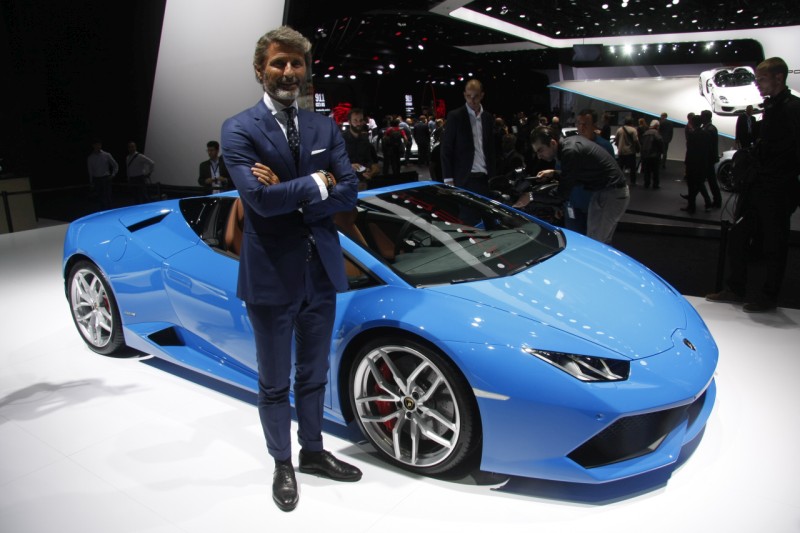


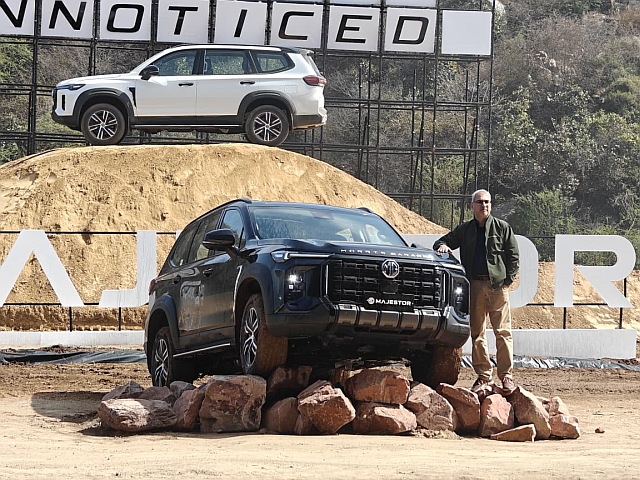

Leave a Reply